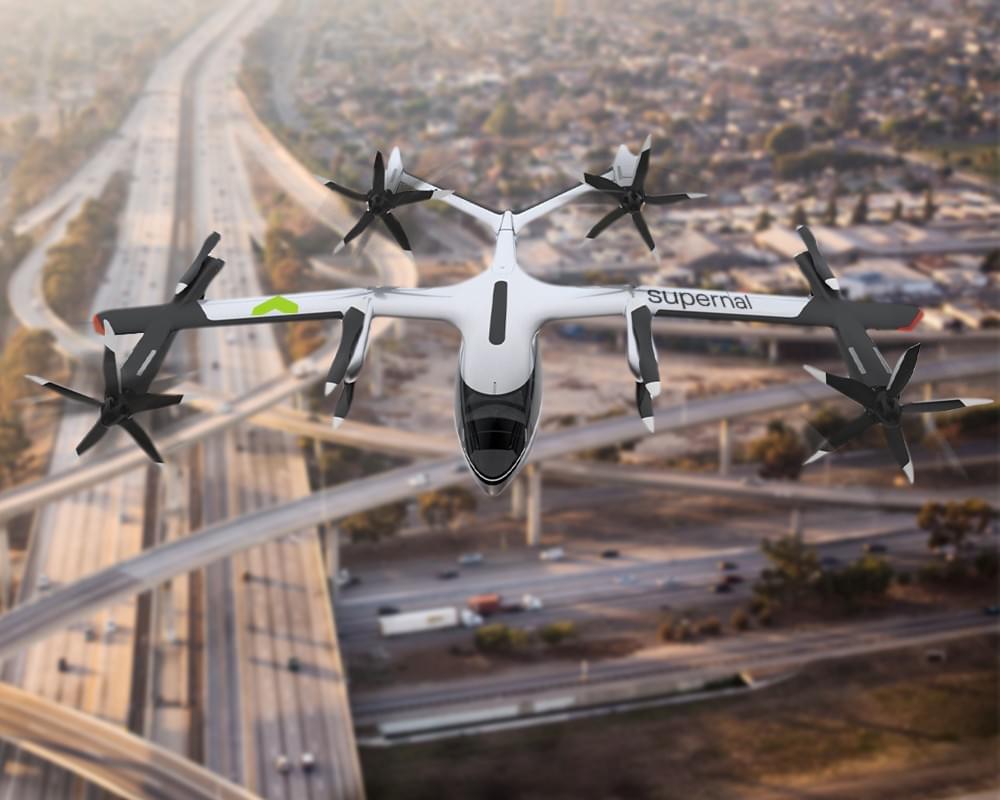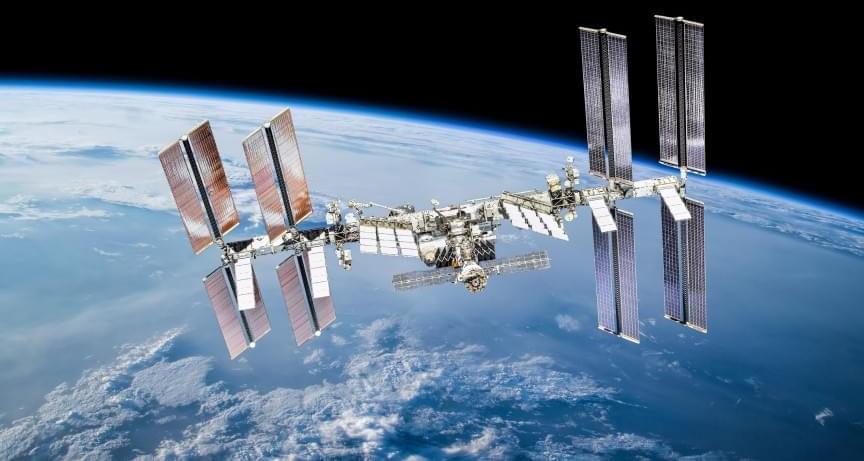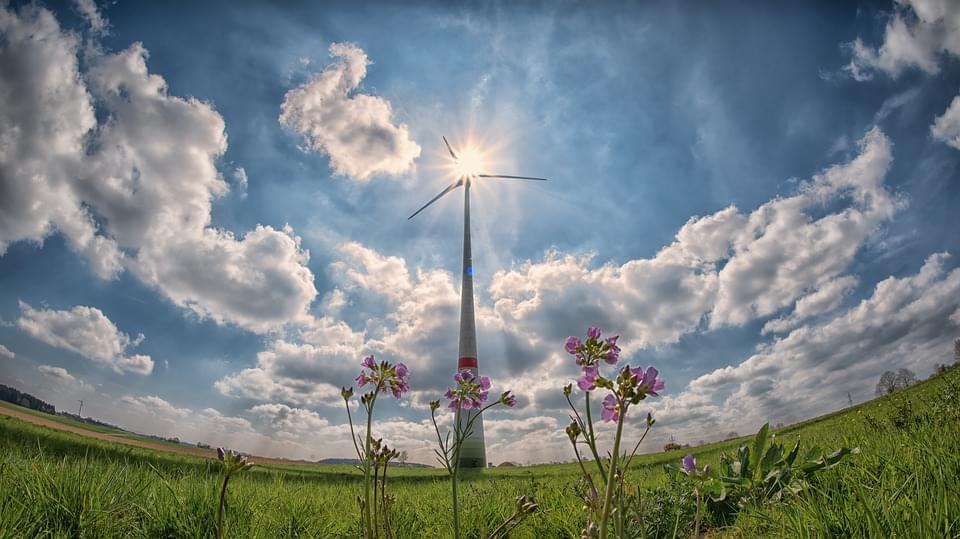CSIS will host a public event on responsible AI in a global context, featuring a moderated discussion with Julie Sweet, Chair and CEO of Accenture, and Brad Smith, President and Vice Chair of the Microsoft Corporation, on the business perspective, followed by a conversation among a panel of experts on the best way forward for AI regulation. Dr. John J. Hamre, President and CEO of CSIS, will provide welcoming remarks.
Keynote Speakers:
Brad Smith, President and Vice Chair, Microsoft Corporation.
Julie Sweet, Chair and Chief Executive Officer, Accenture.
Featured Speakers:
Gregory C. Allen, Director, Project on AI Governance and Senior Fellow, Strategic Technologies Program, CSIS
Mignon Clyburn, Former Commissioner, U.S. Federal Communications Commission.
Karine Perset, Head of AI Unit and OECD.AI, Digital Economy Policy Division, Organisation for Economic Co-Operation and Development (OECD)
Helen Toner, Director of Strategy, Center for Security and Emerging Technology, Georgetown University.
This event is made possible through general support to CSIS.
A nonpartisan institution, CSIS is the top national security think tank in the world.
Visit www.csis.org to find more of our work as we bring bipartisan solutions to the world’s greatest challenges.
Want to see more videos and virtual events? Subscribe to this channel and turn on notifications: https://cs.is/2dCfTve.






